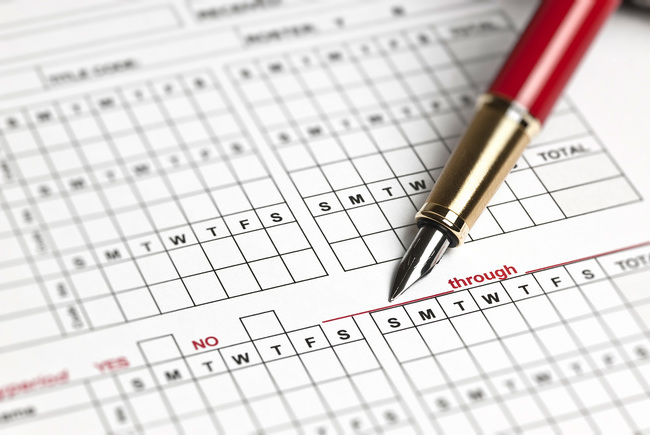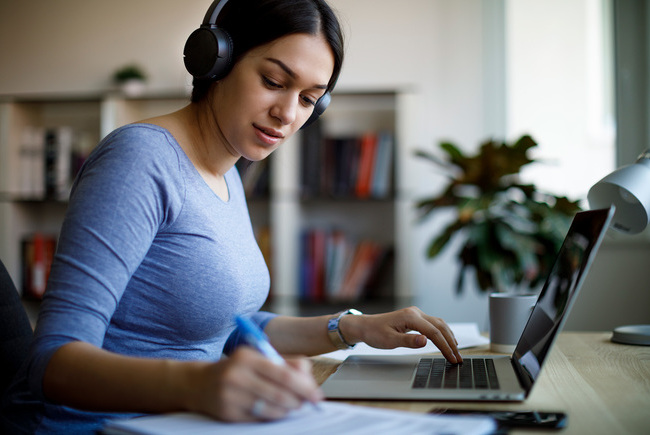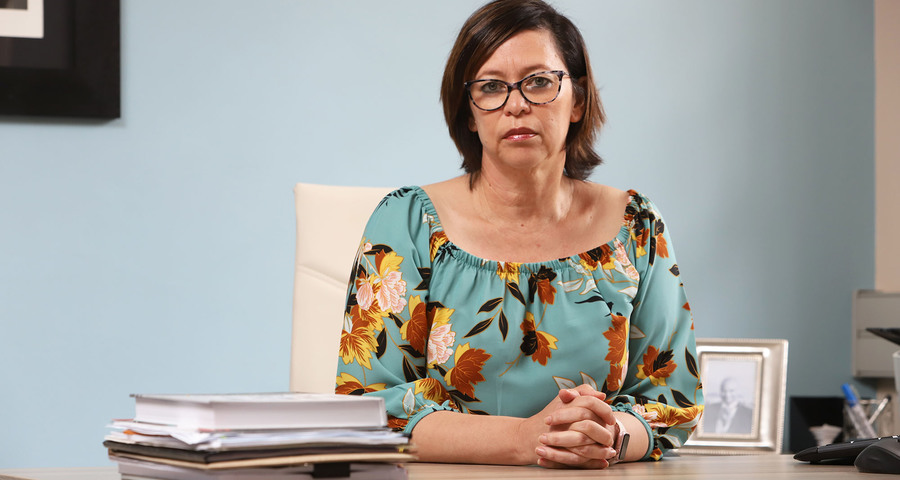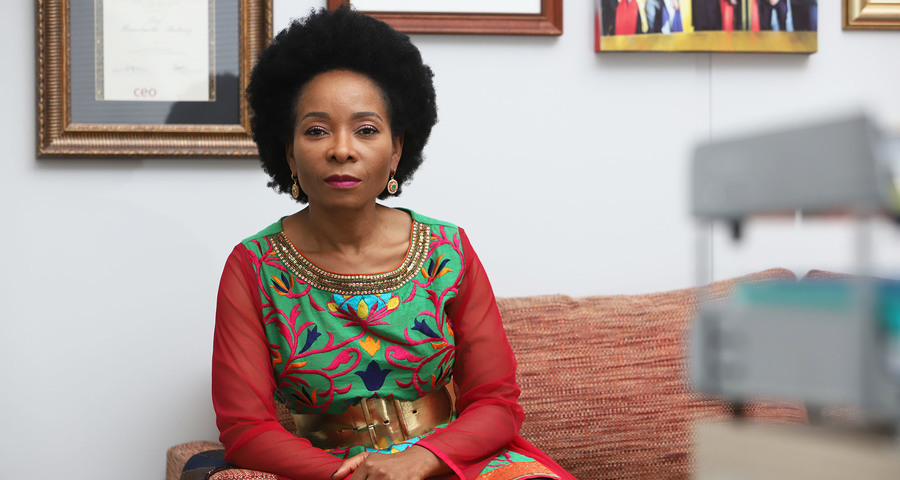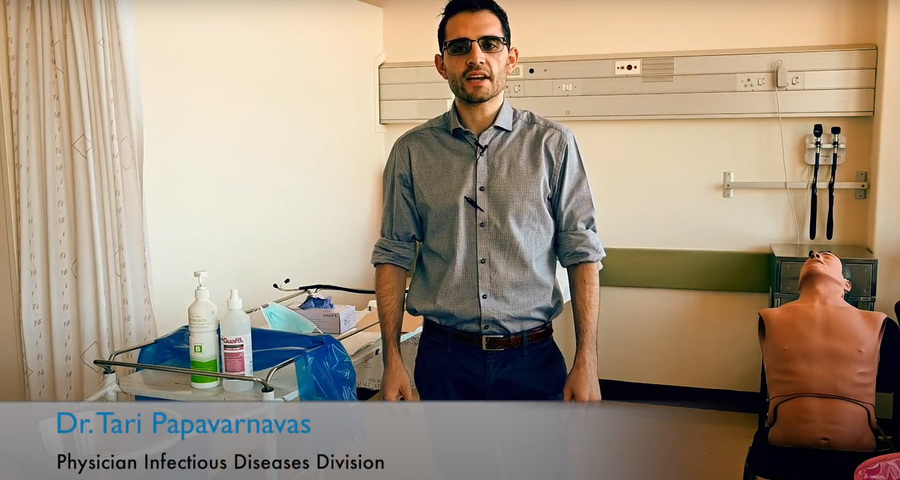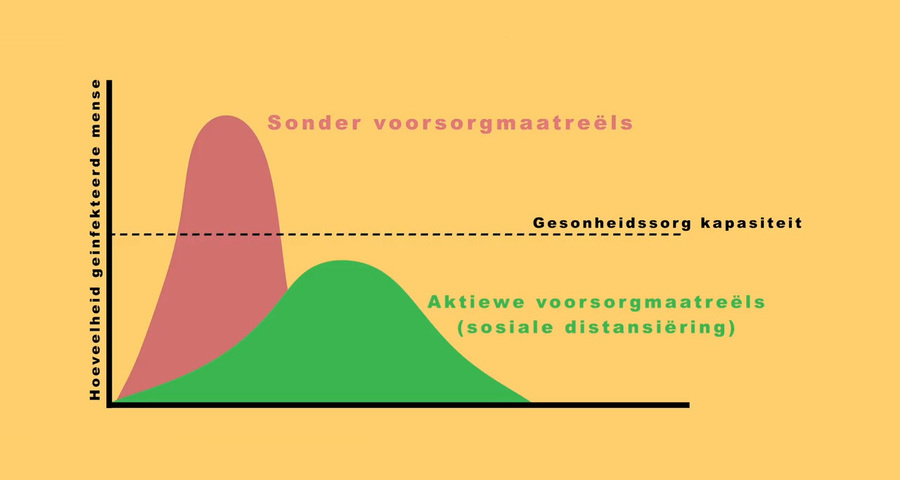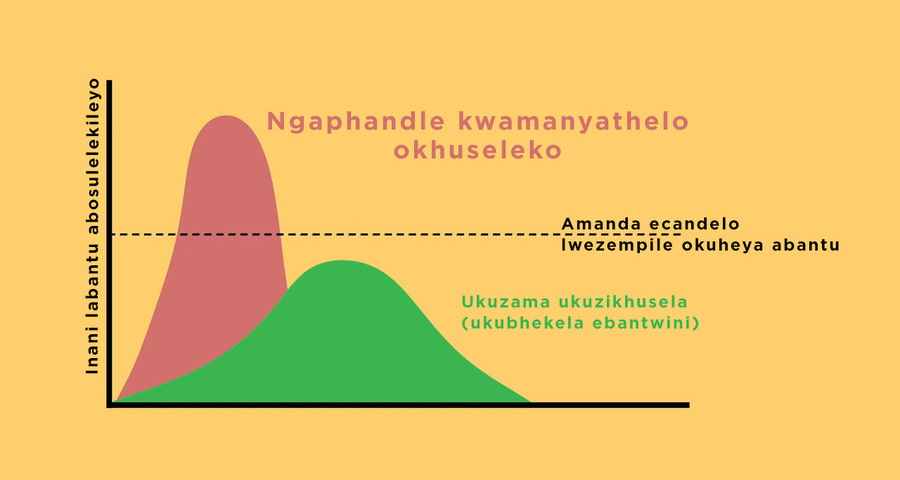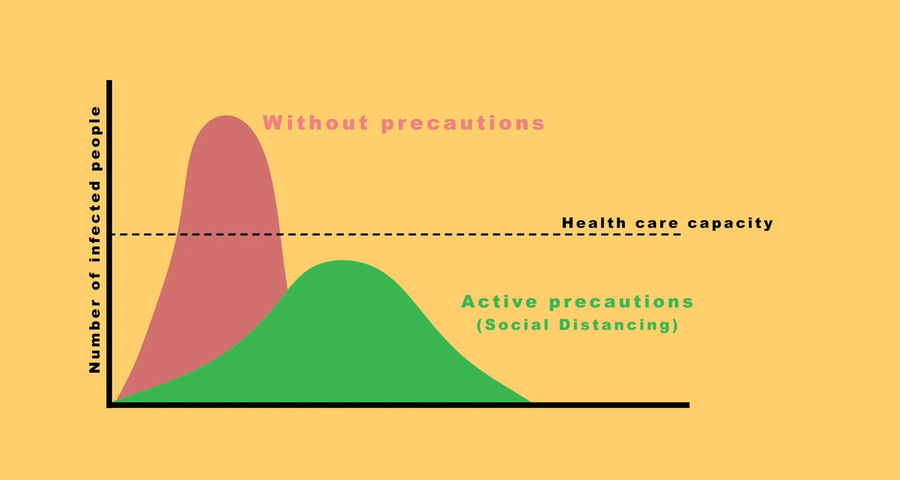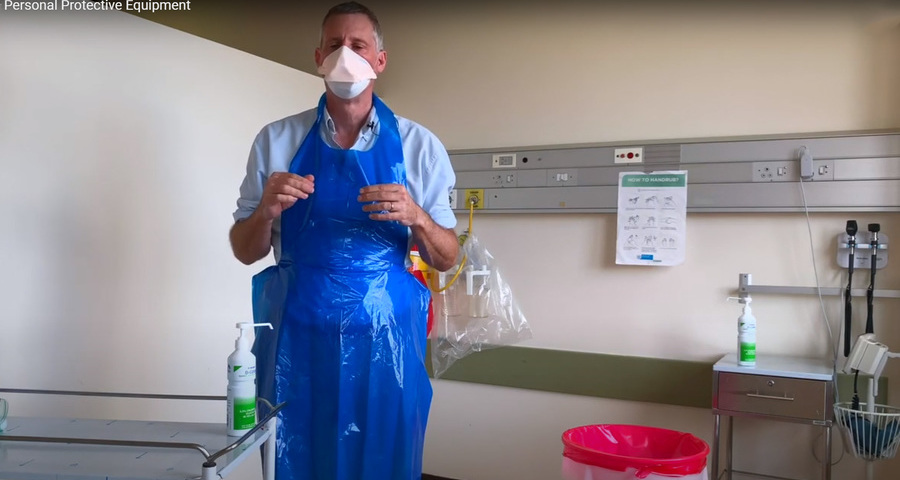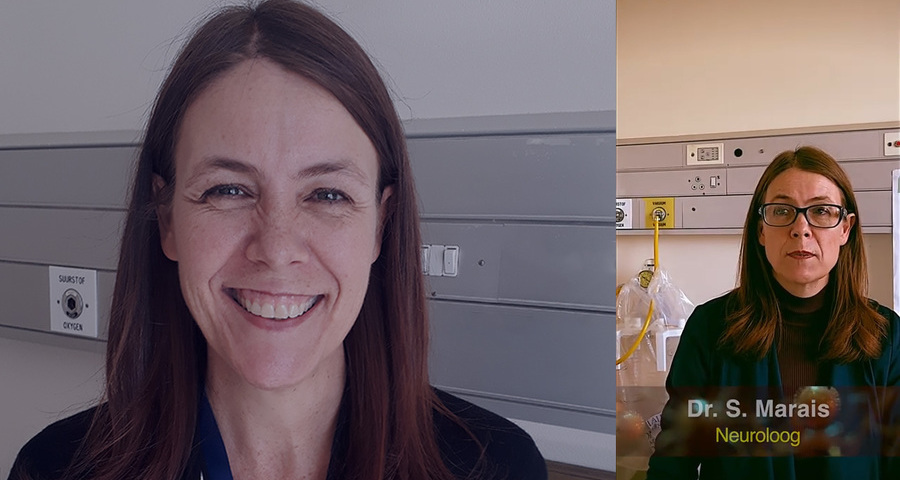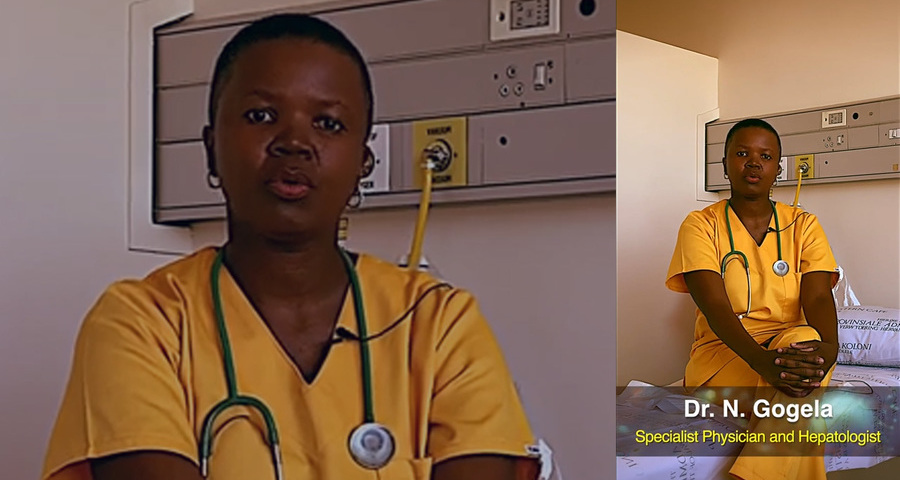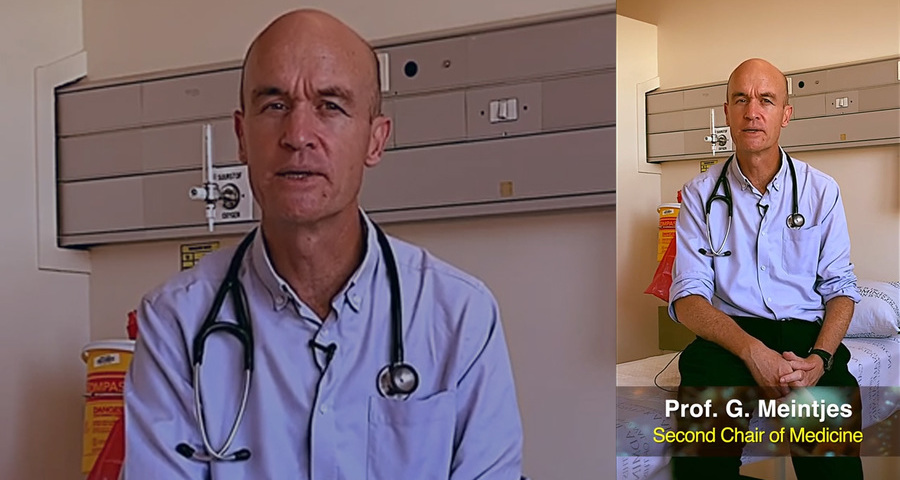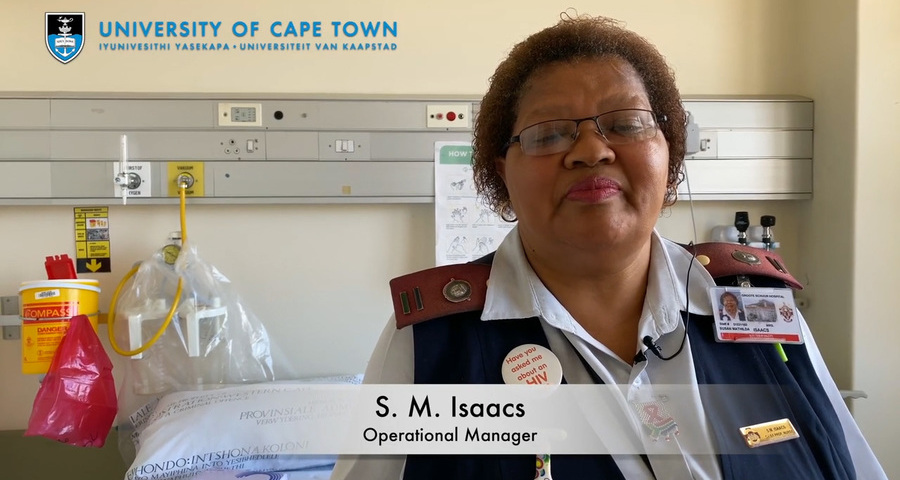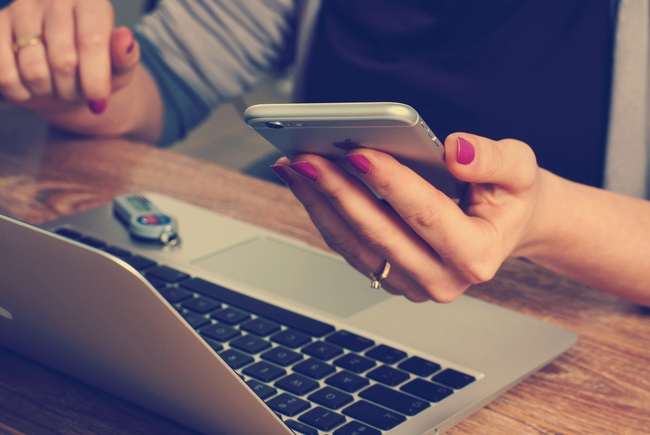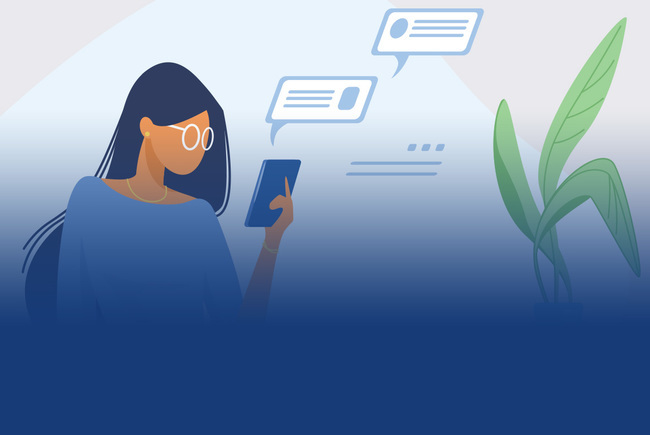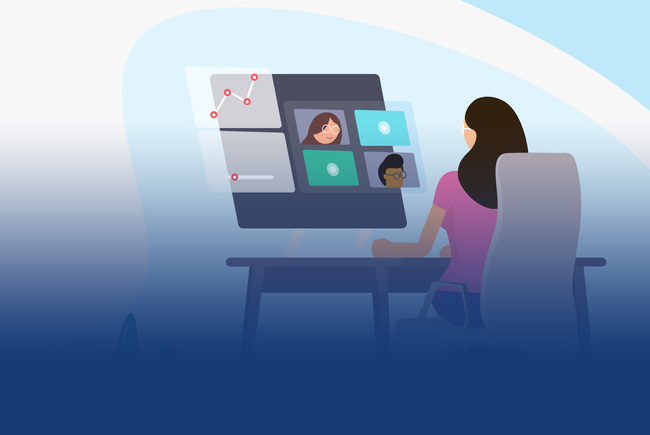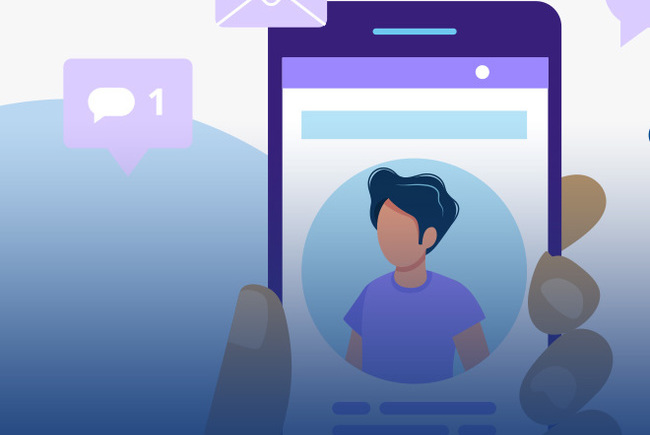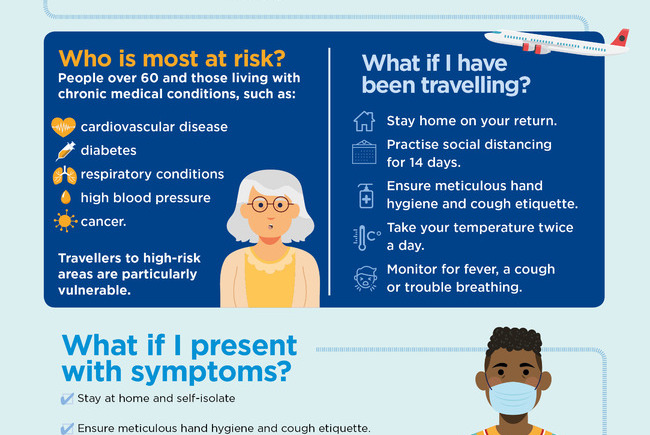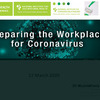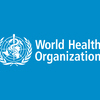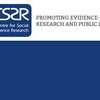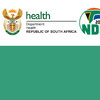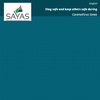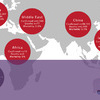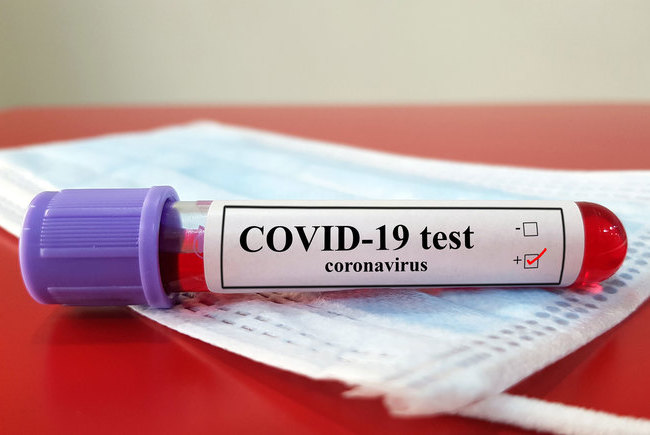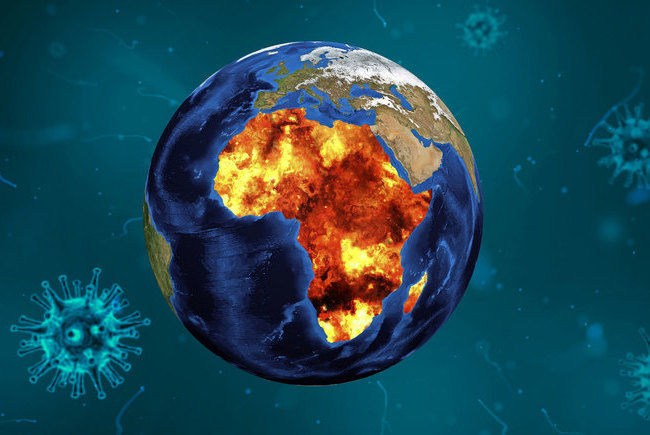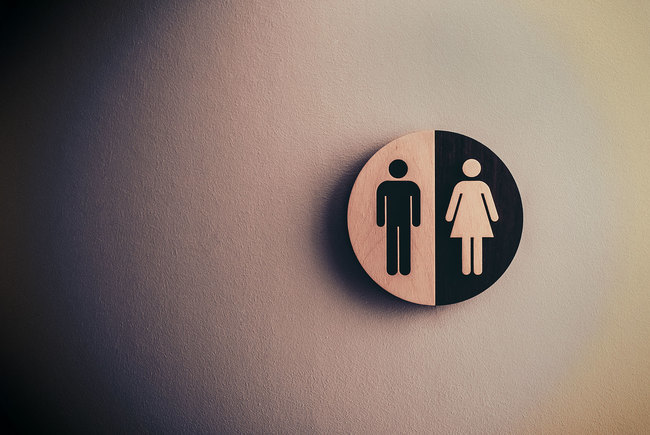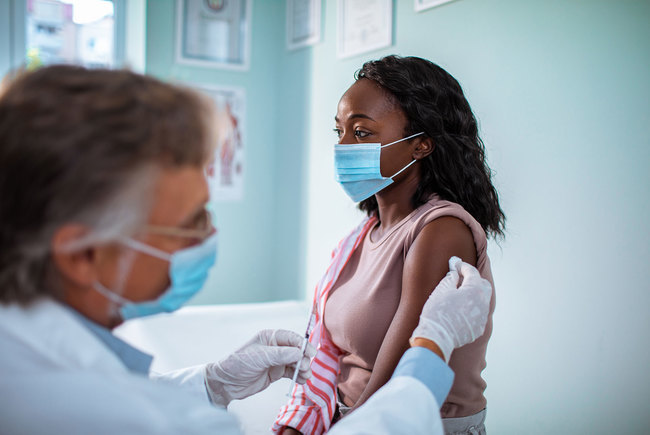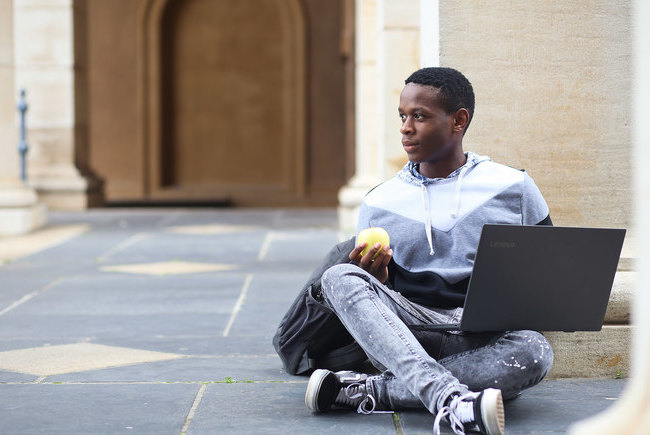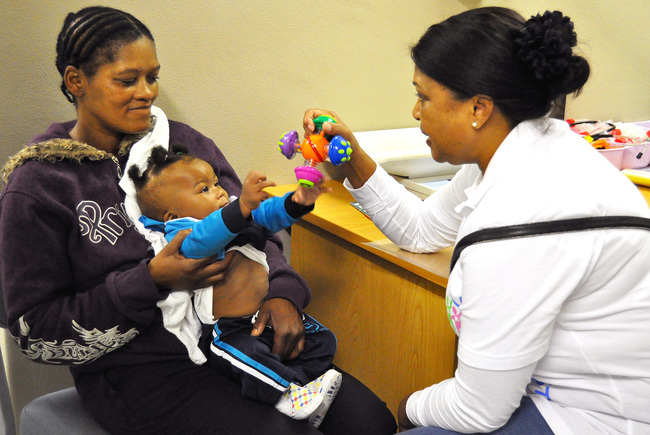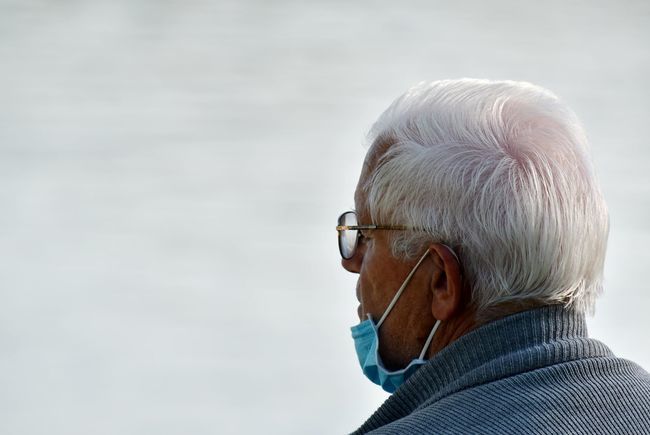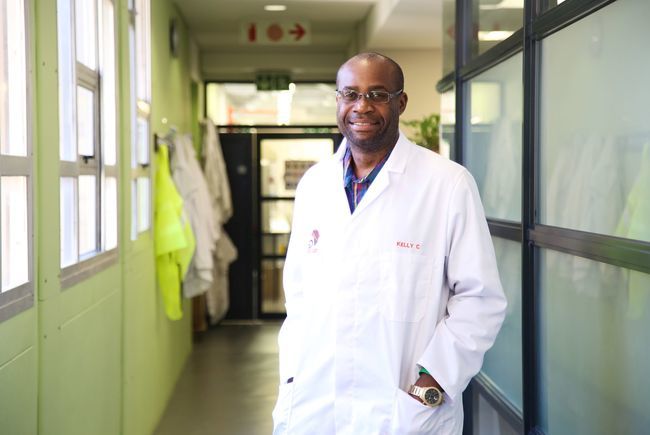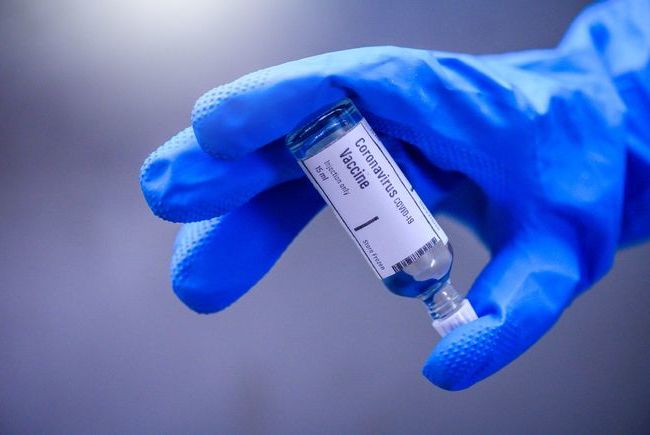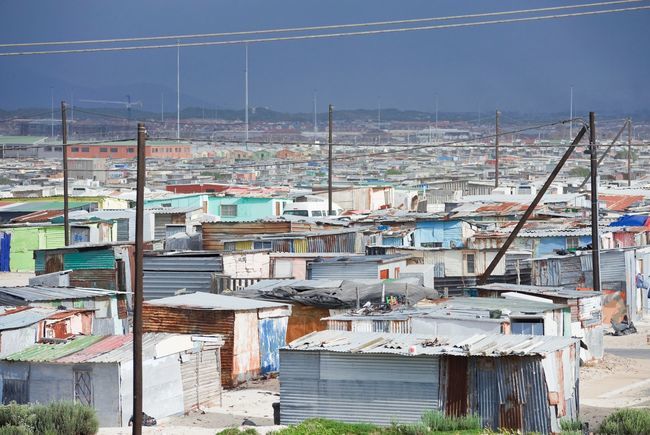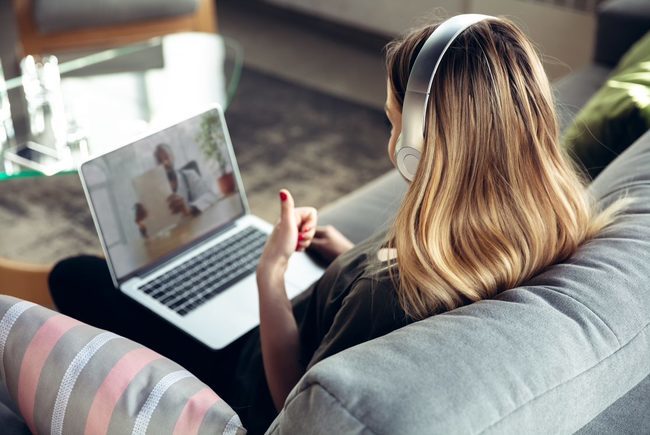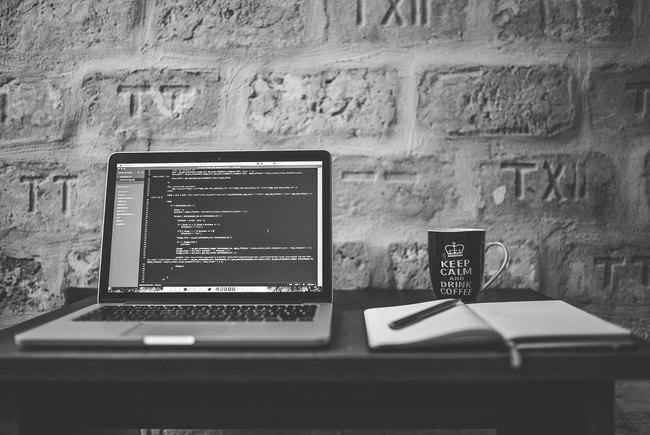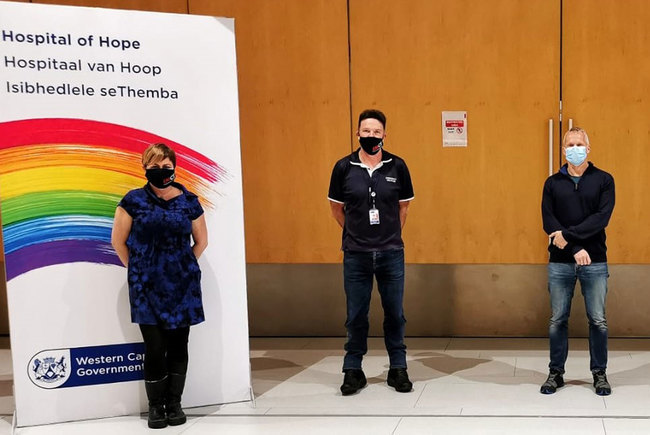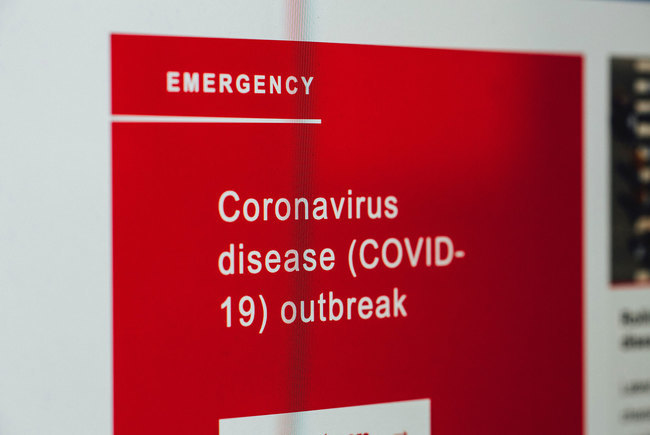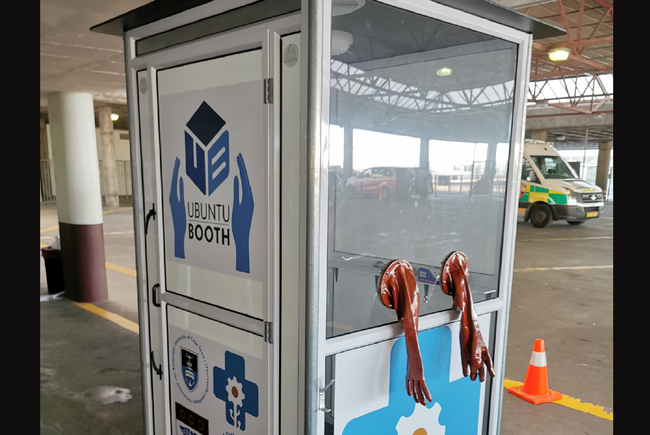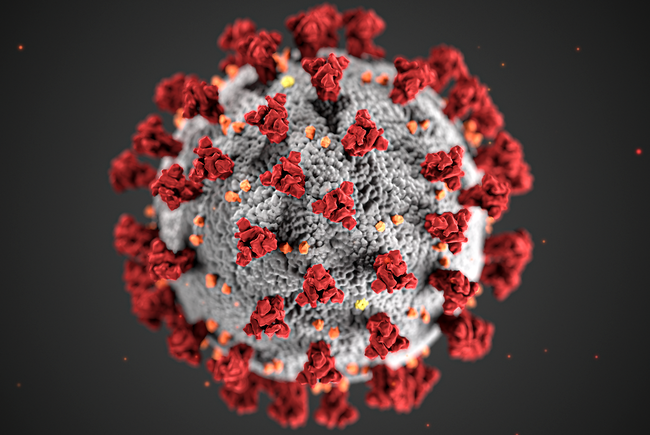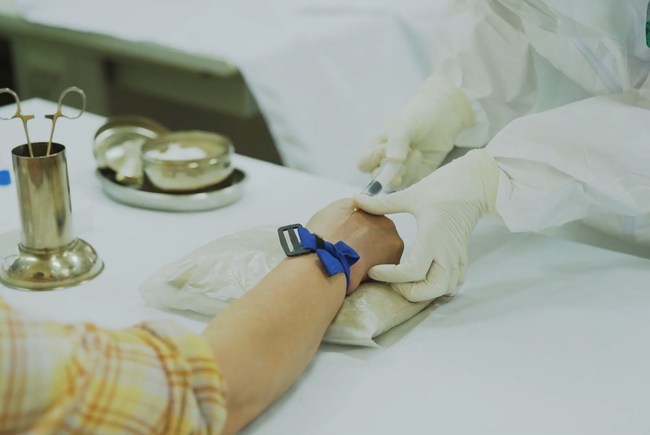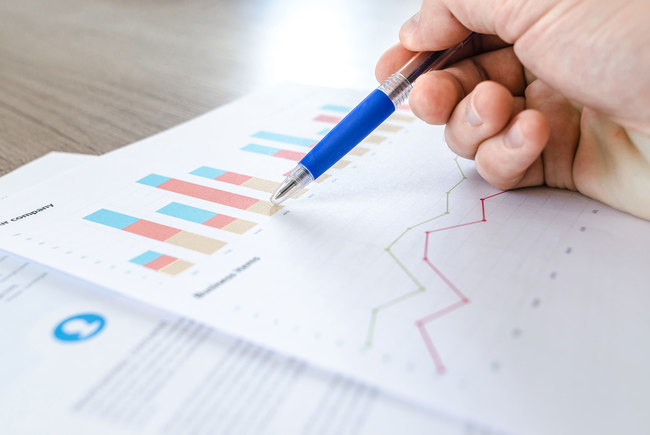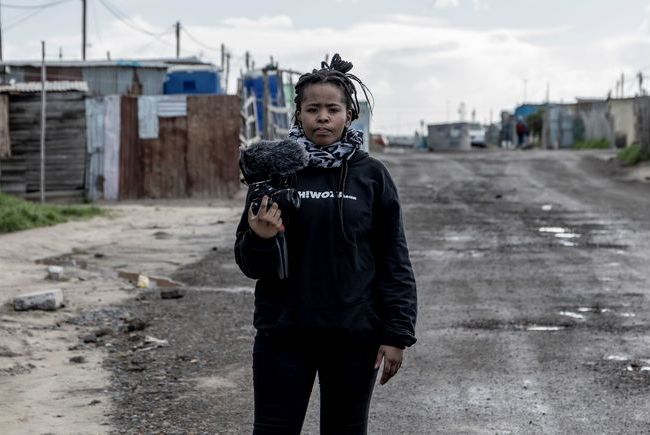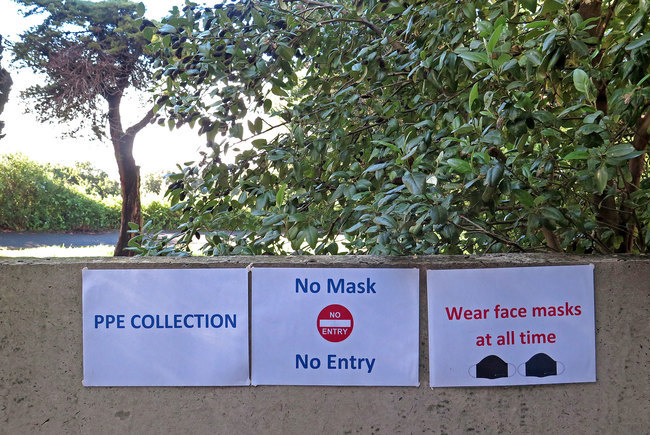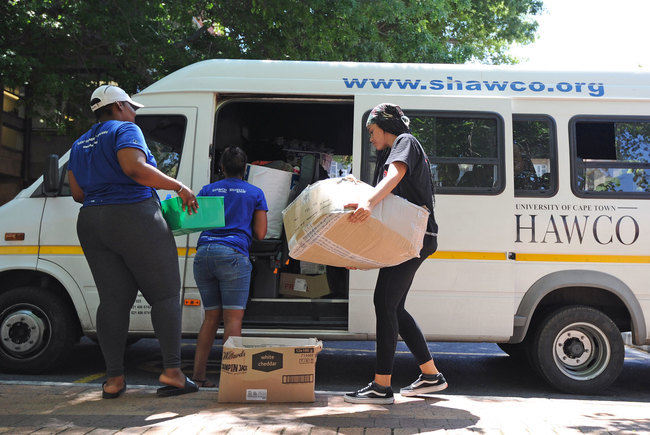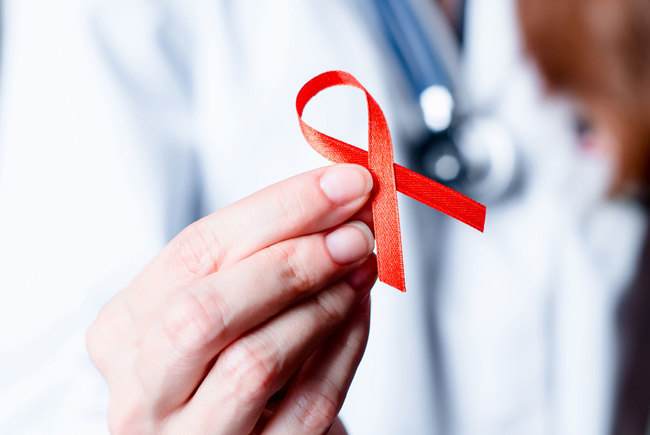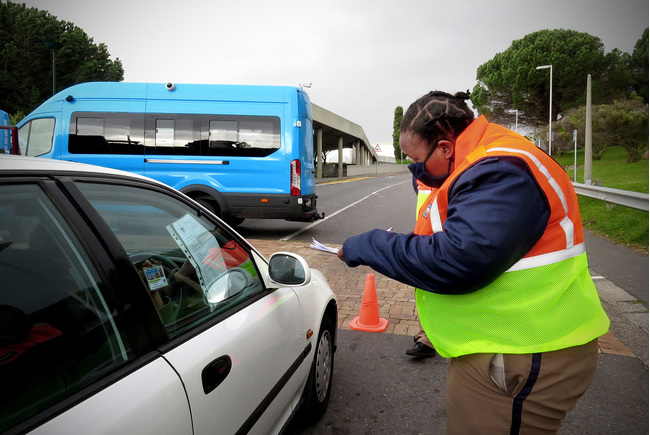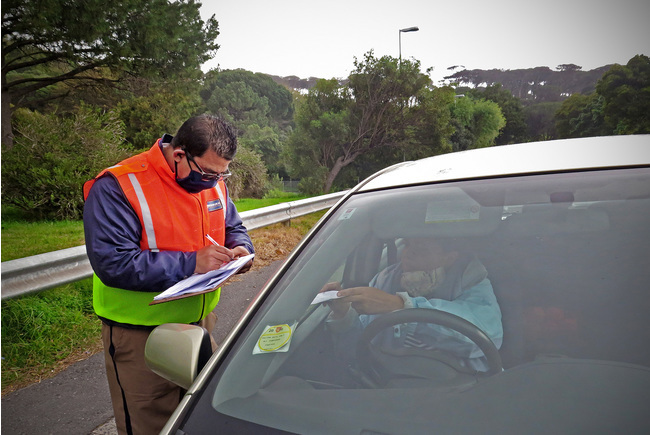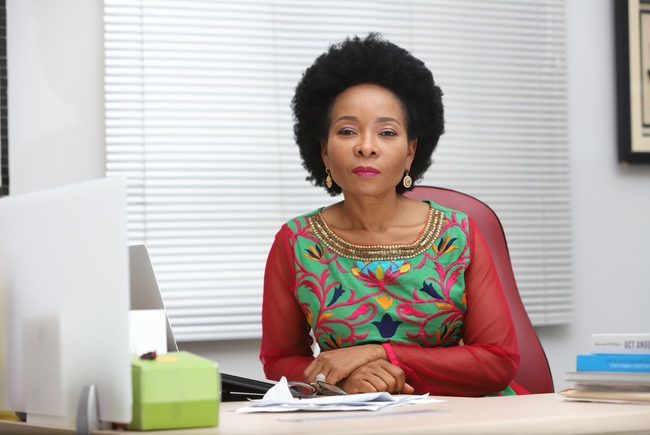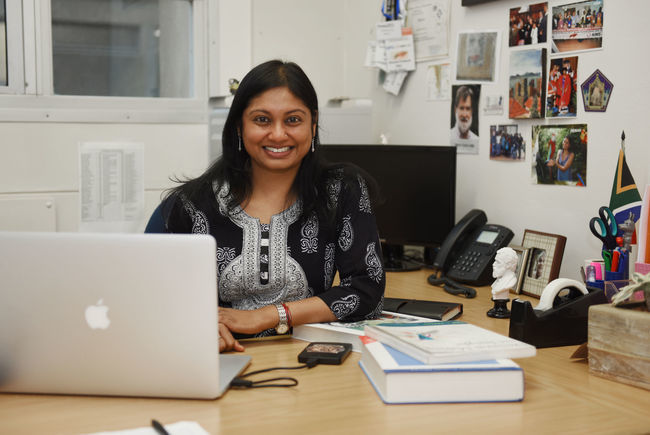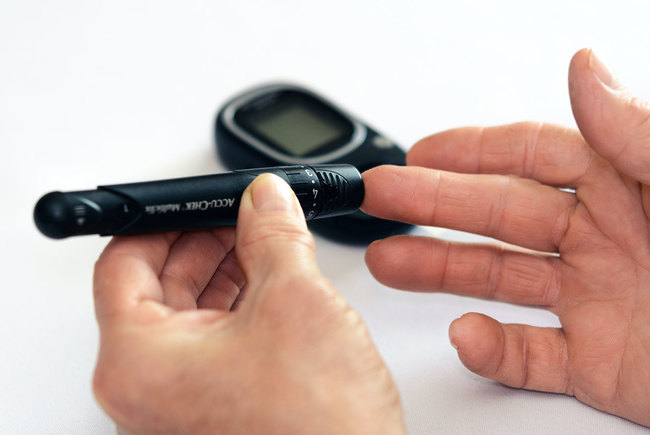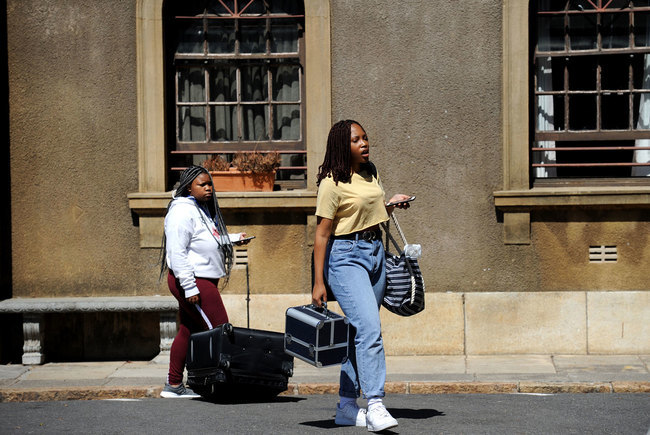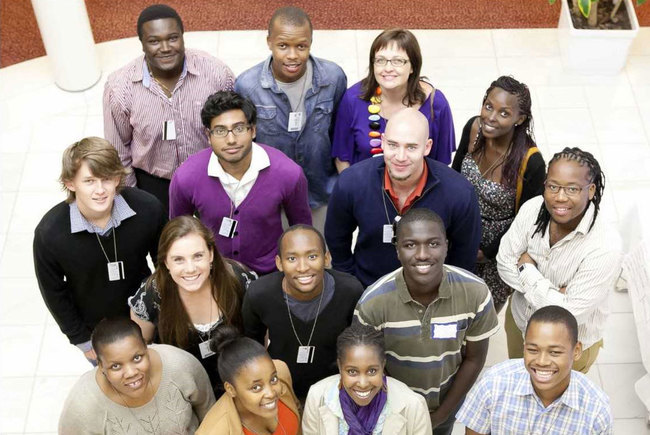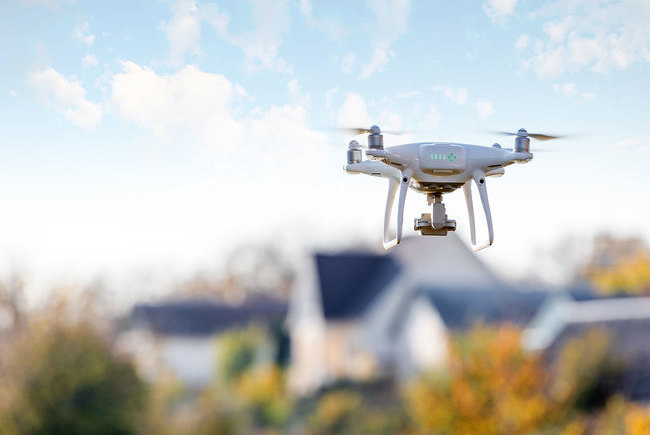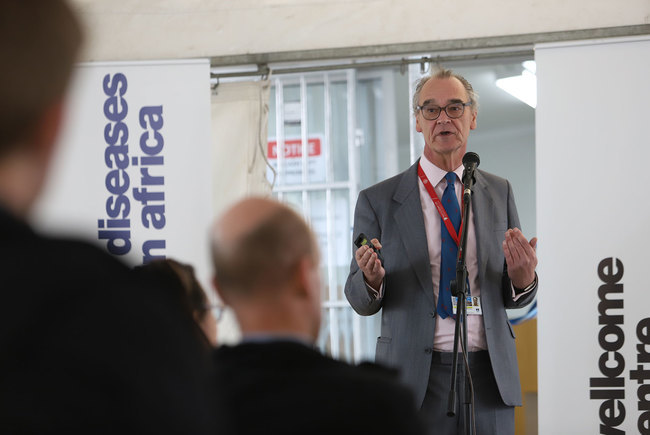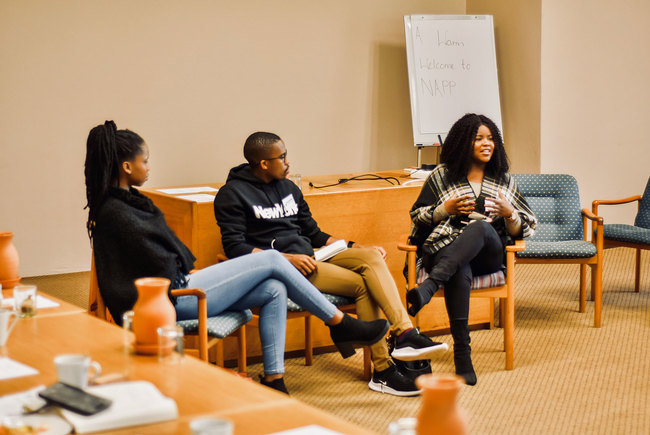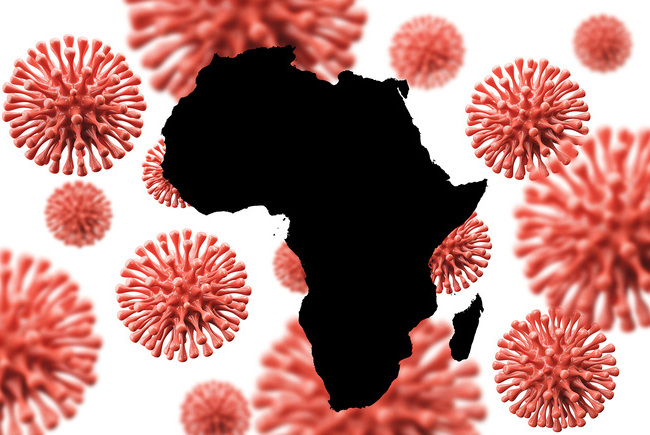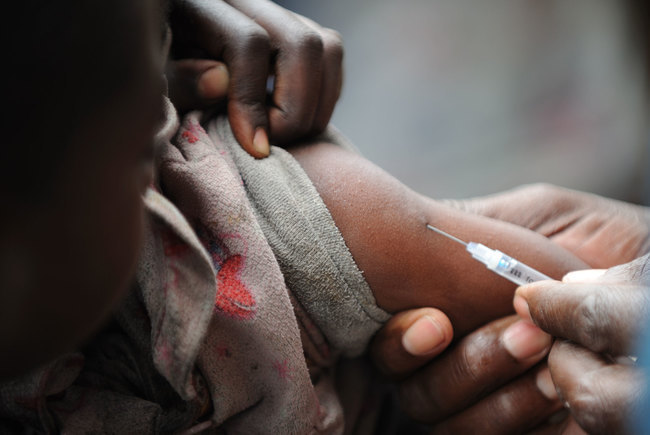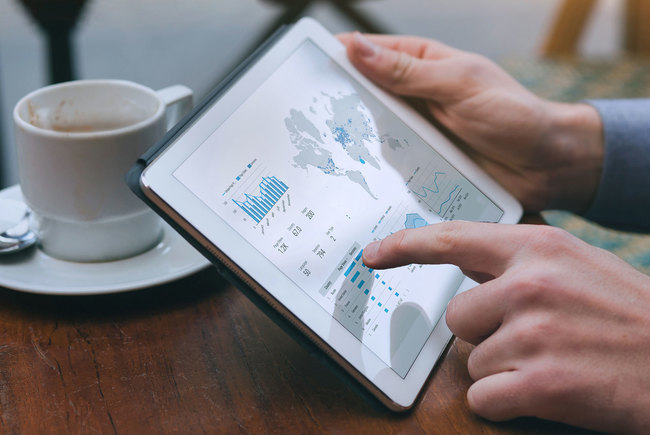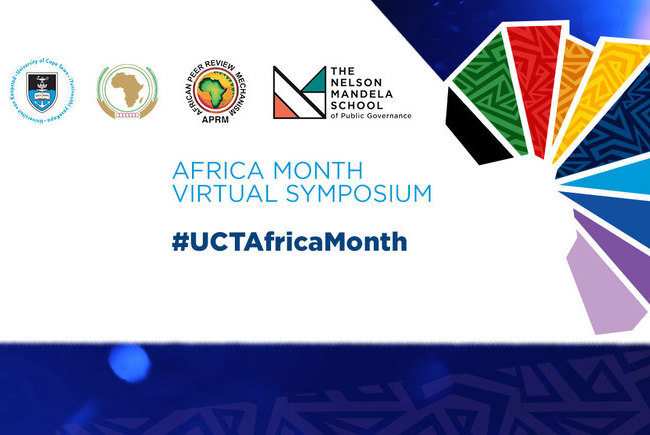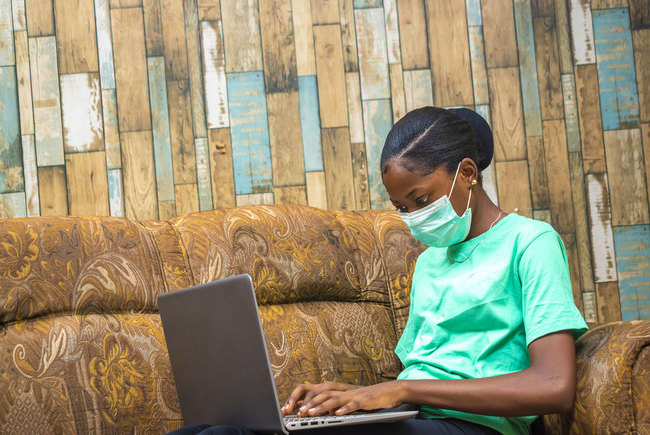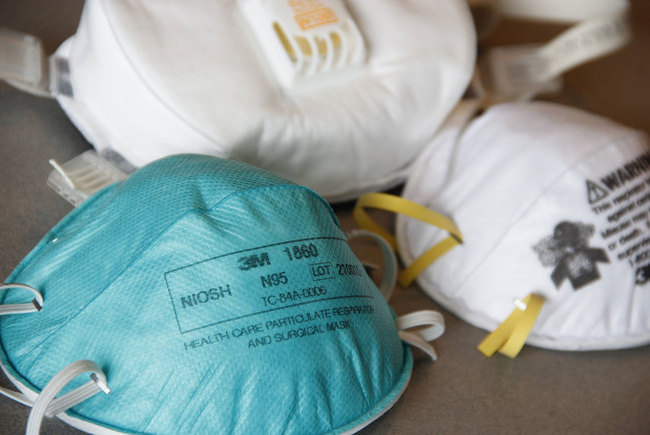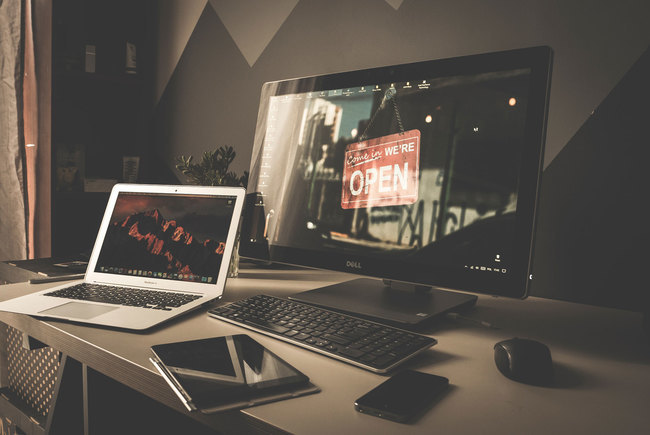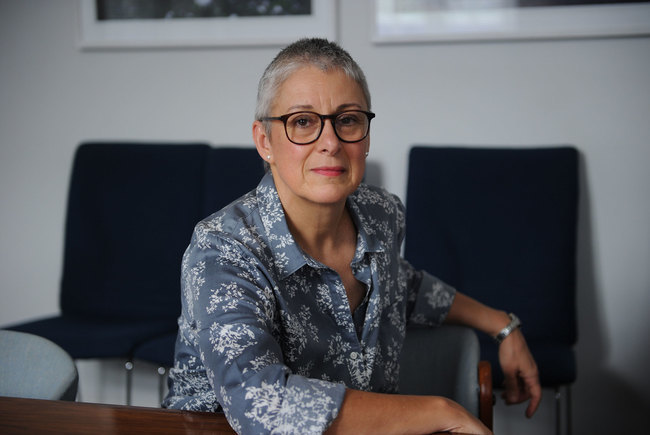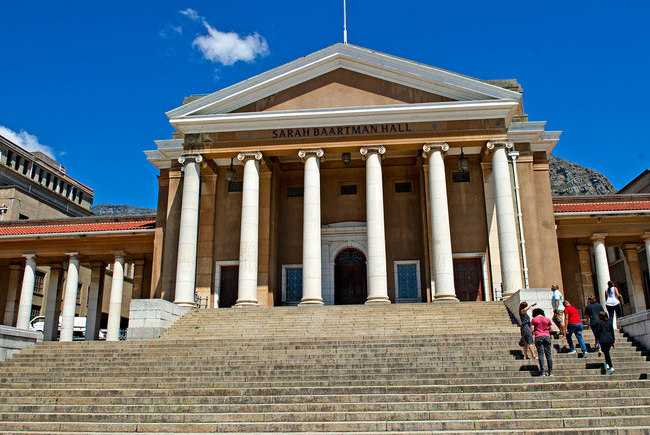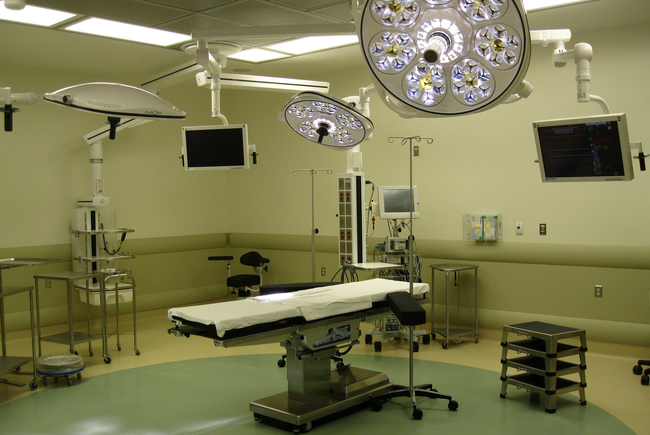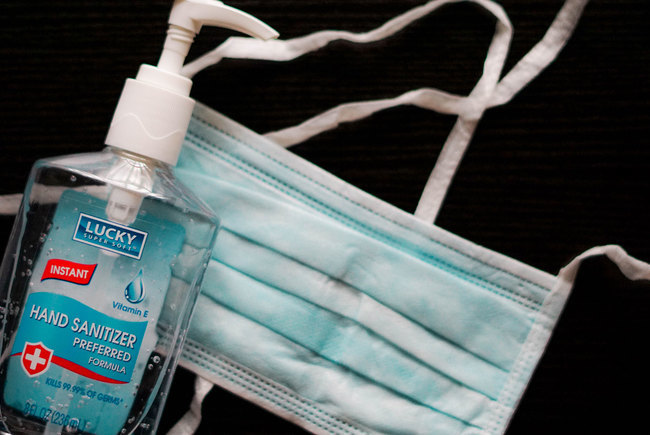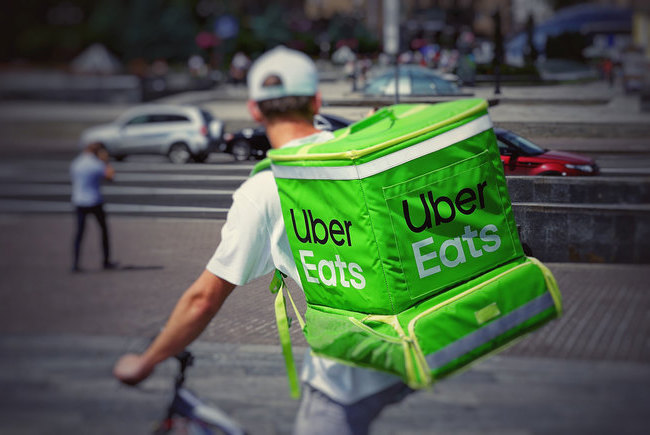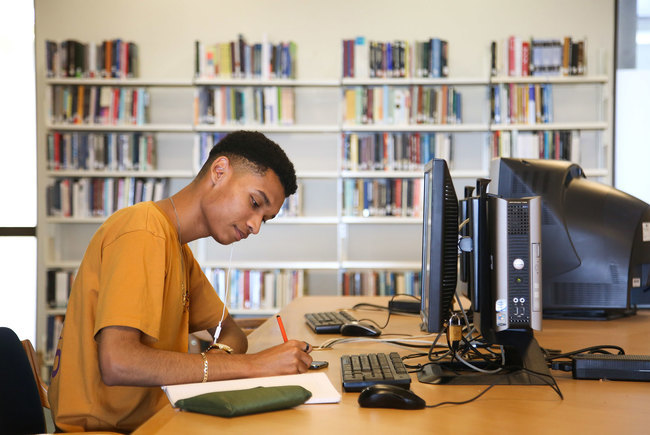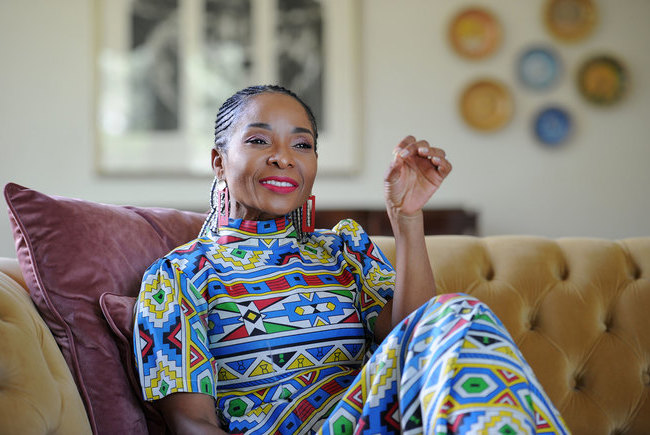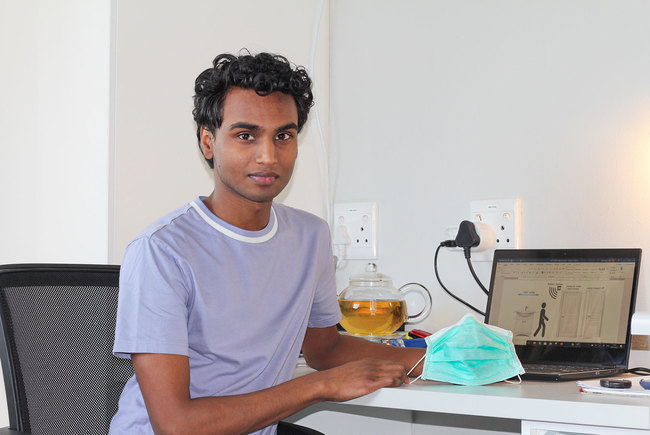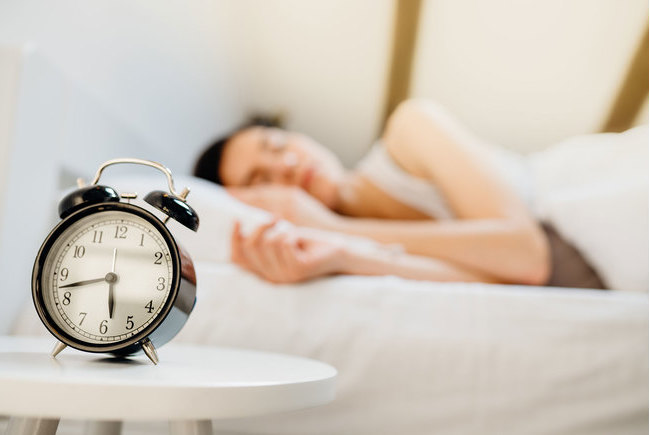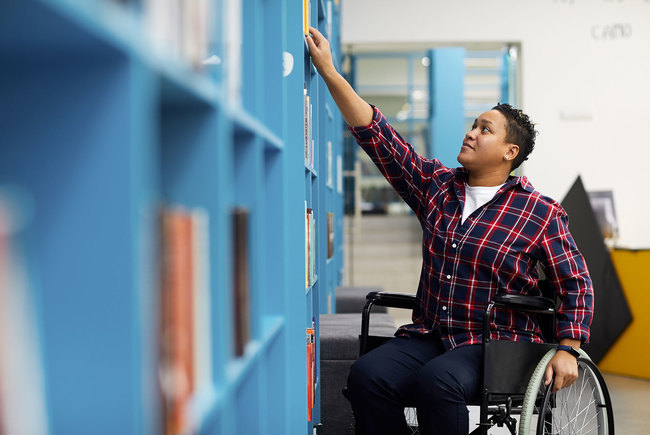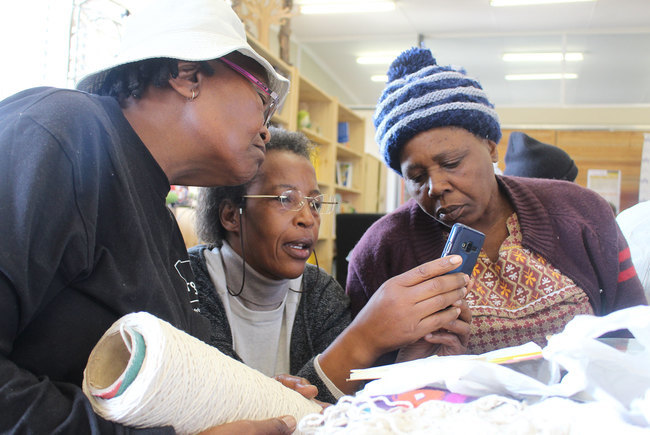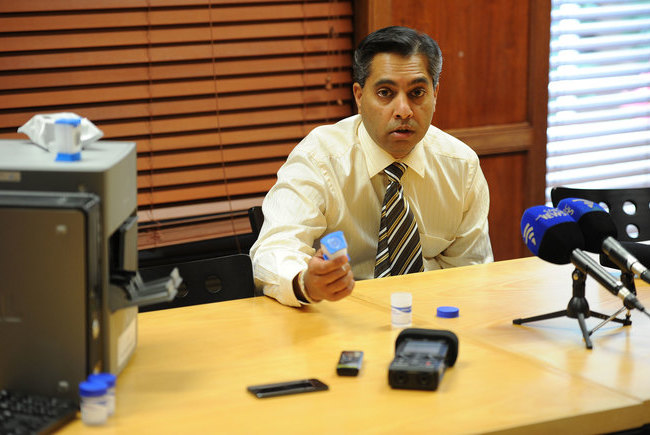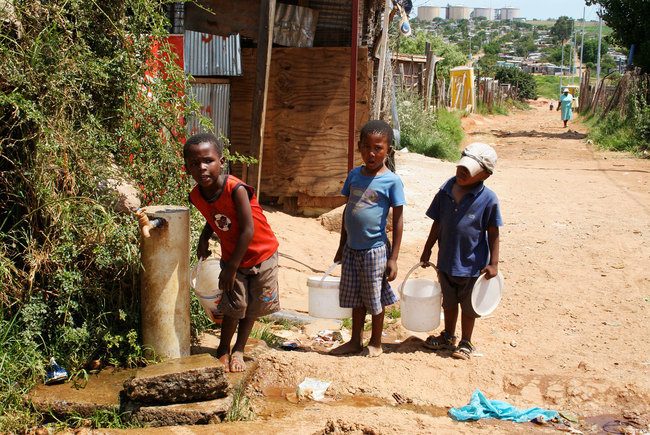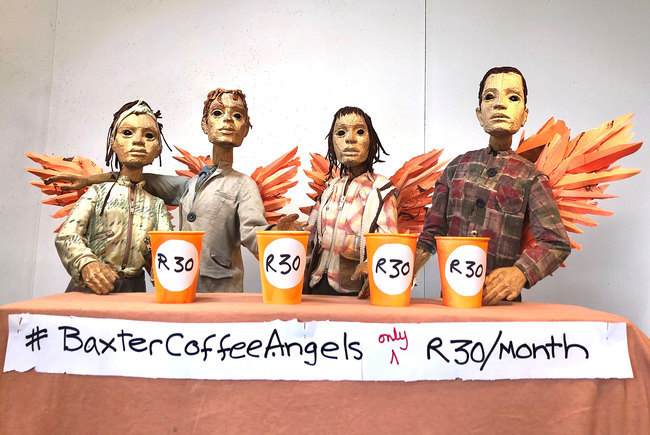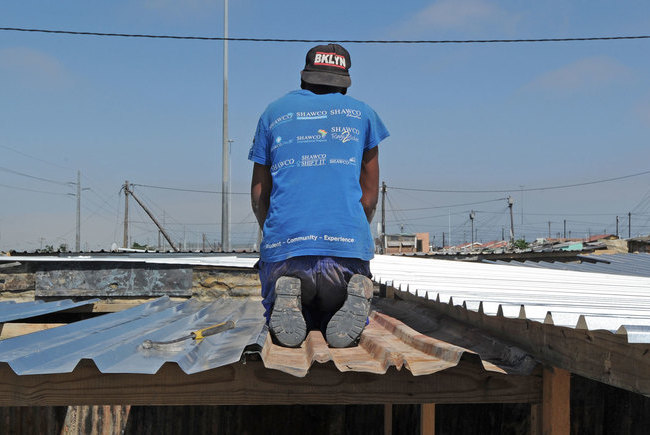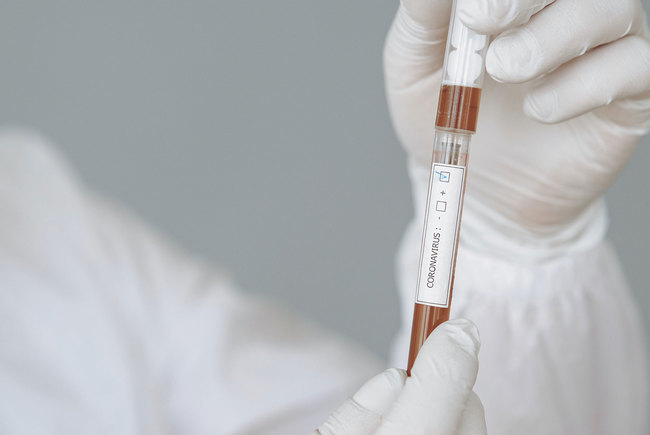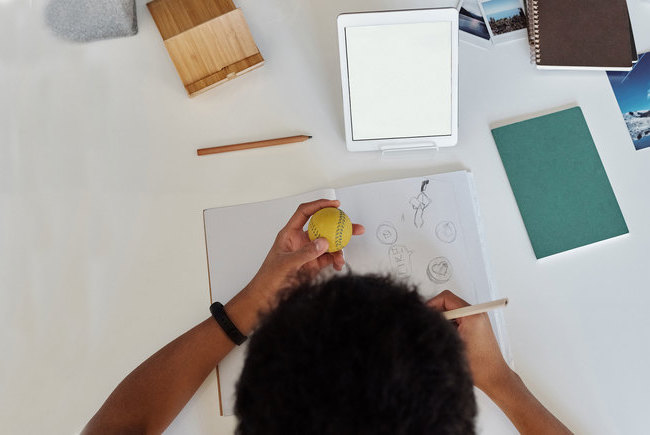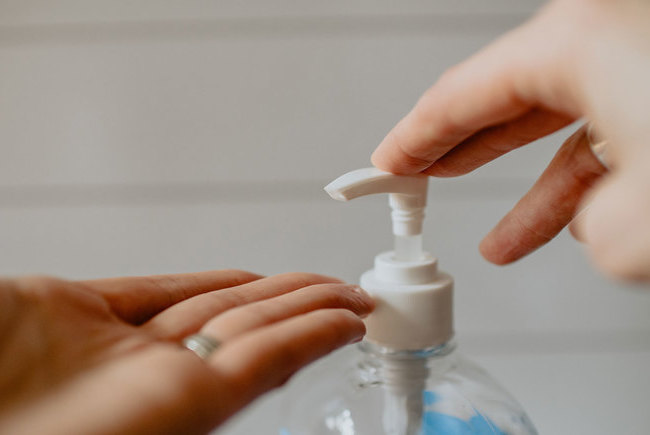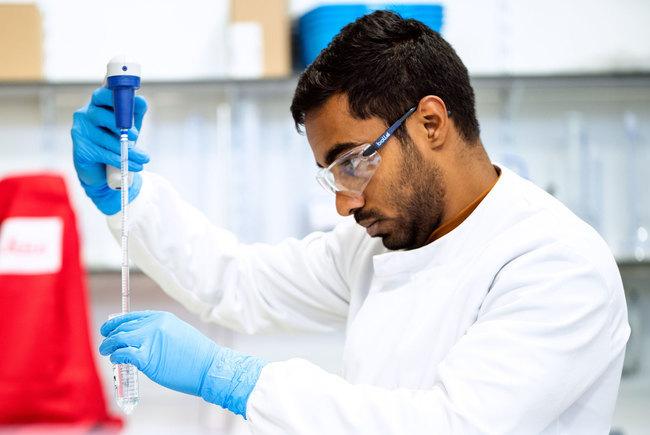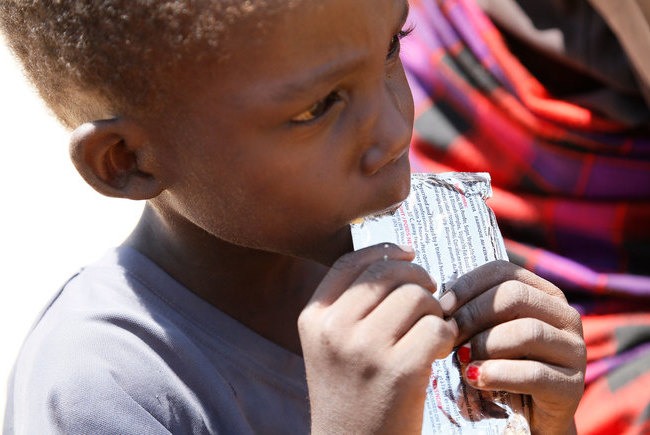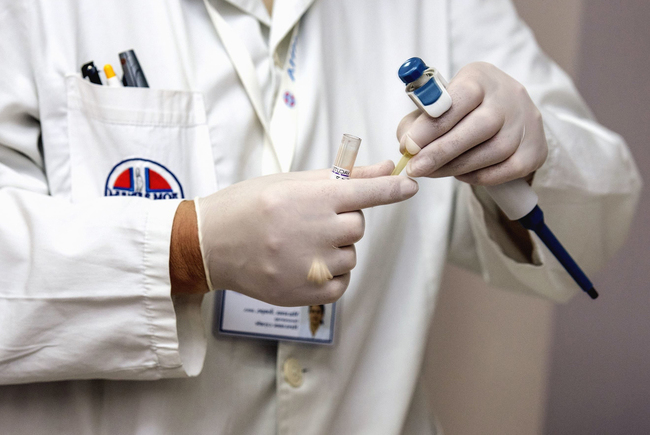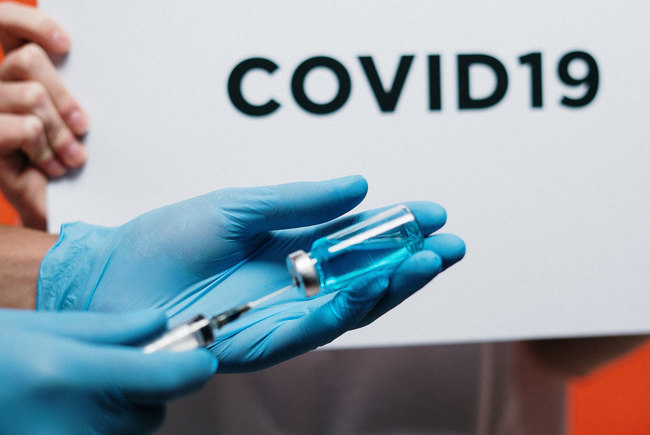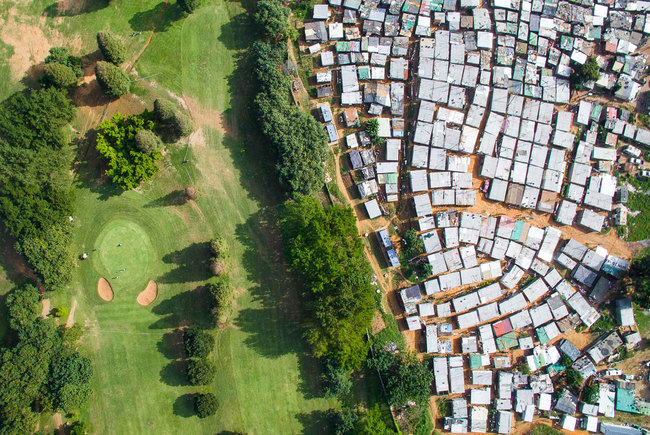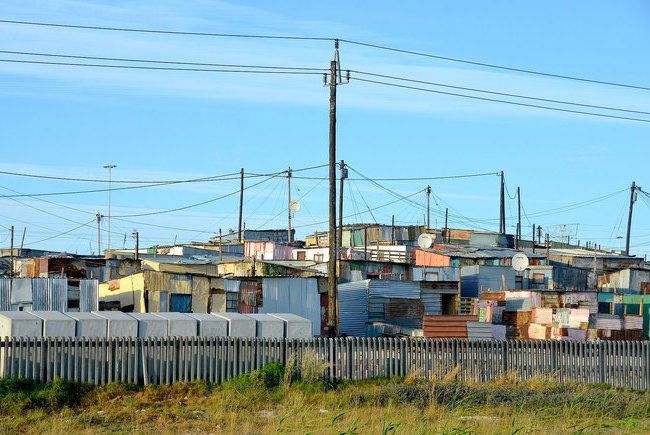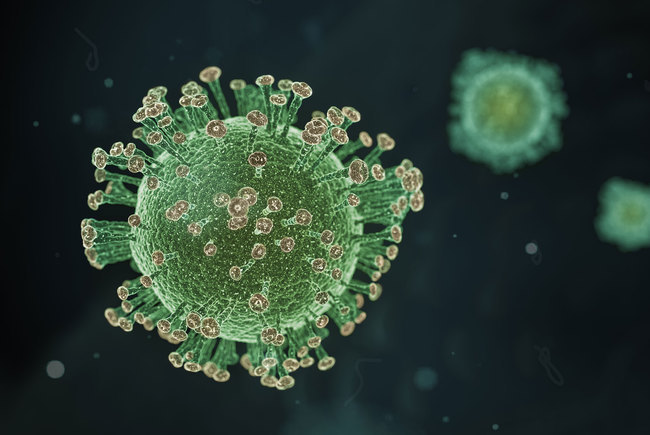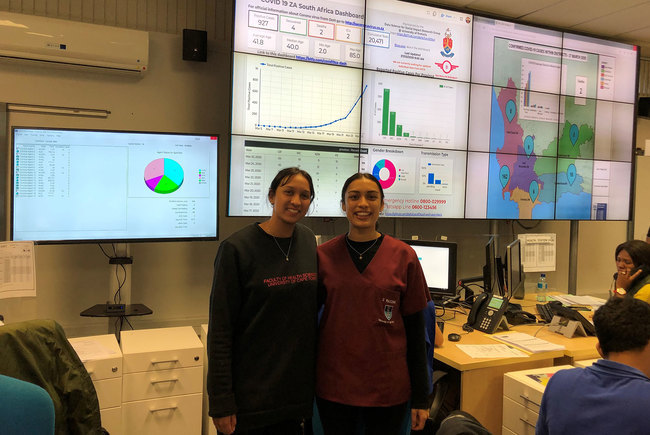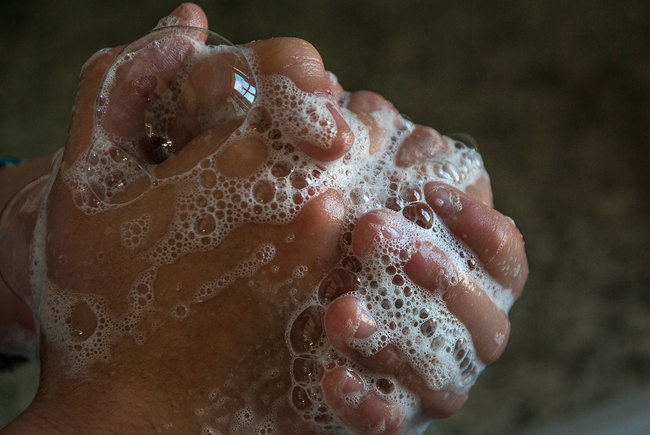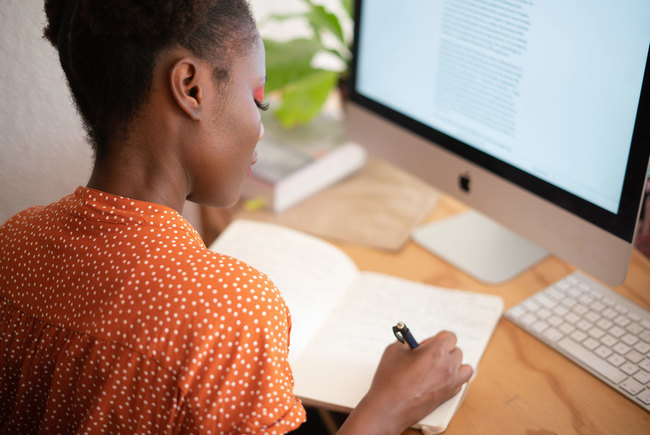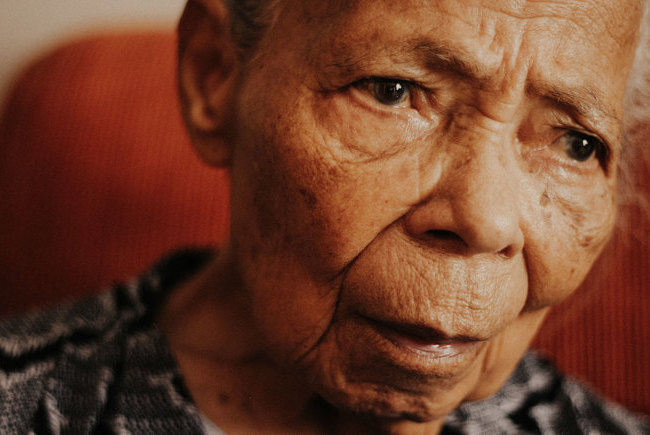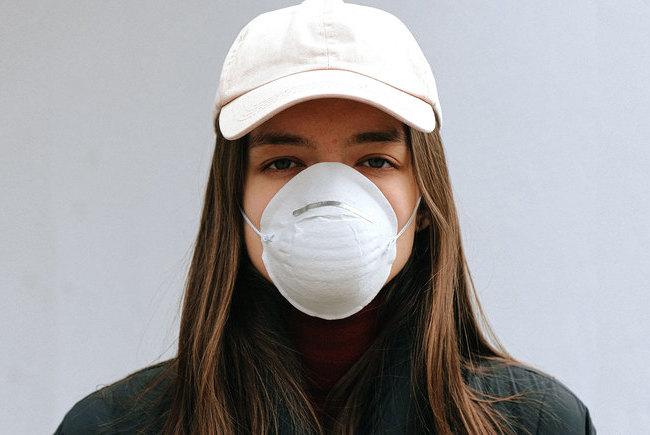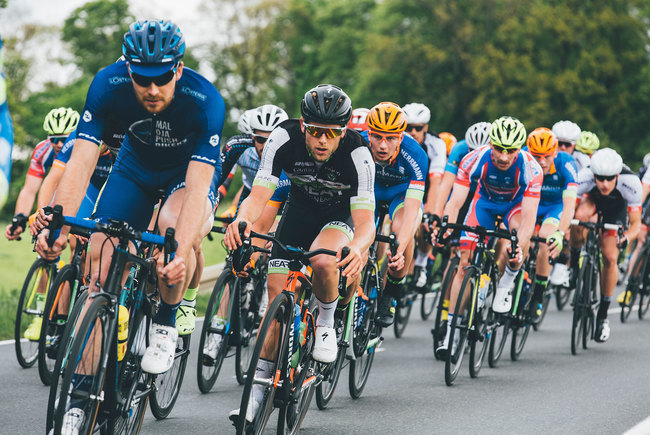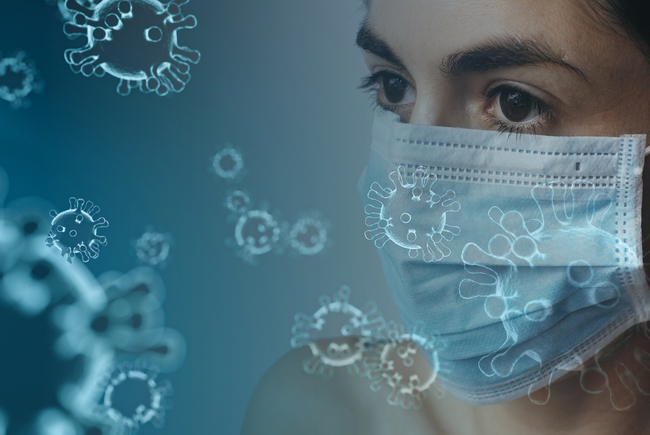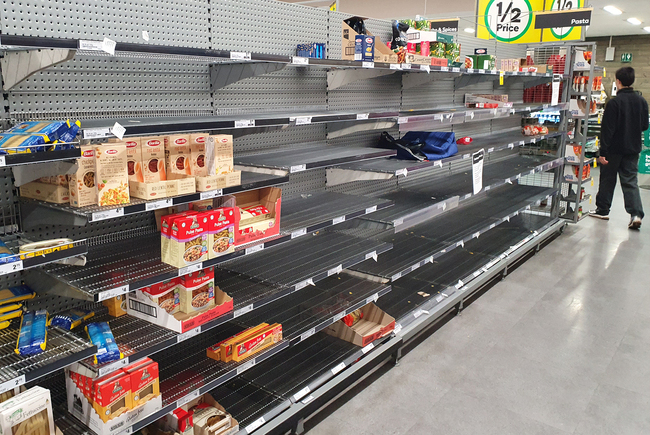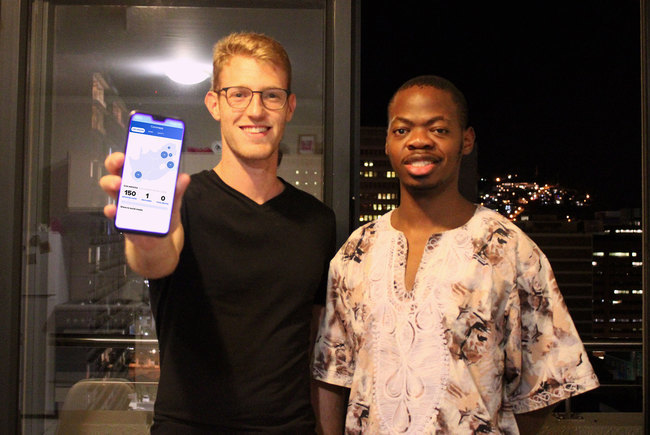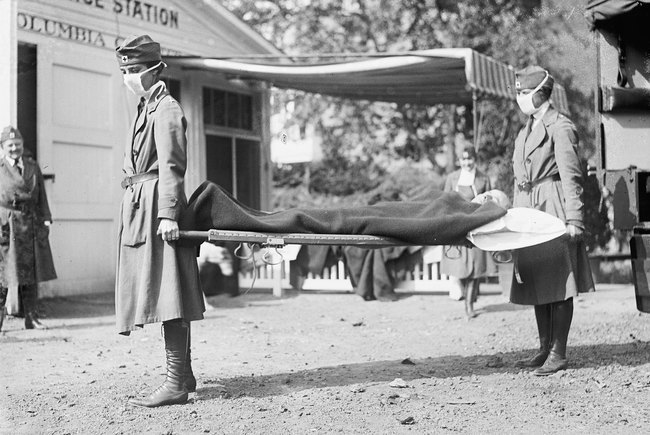CoviID: new app to avoid future lockdowns
27 March 2020 | Story Nadia Krige. Read time 10 min.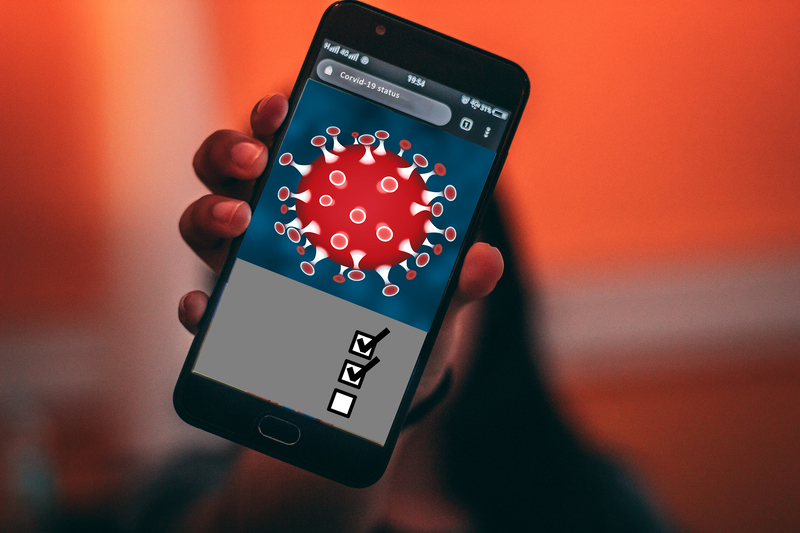
As South Africans commence a 21-day lockdown, a group of researchers from the University of Cape Town (UCT) is working tirelessly on a smartphone app that could play an important role in managing future outbreaks of COVID-19 and economic recovery.
Governments around the globe are currently taking measures to contain the spread of the deadly coronavirus; in time infection rates should start to stabilise and, eventually, decrease.
Once this happens, being able to verify that you’ve either already had the virus or recently undergone testing will be of the utmost importance for public health. Further down the line, it will also become crucial to verify that you have been vaccinated.
“The problem with a lockdown is it works, but only for a short period of time,” explains Associate Professor Co-Pierre Georg, convenor of UCT’s sought-after master’s in financial technology.
“There’s a huge demand for apps that allow governments to – among other things – trace the physical contacts a person had once they test positive for corona.”
Fortunately, with Georg’s course attracting some of South Africa’s brightest young minds, it didn’t take long for a workable idea for a solution to emerge.
“The problem with a lockdown is it works, but only for a short period of time.”
“The moment the university sent them home, a few of my students contacted me with a proposal to work on something that could be useful in this time,” he says. “Our reading of the situation is that the ability to track and trace infected patients will become key, together with the ability to prove your covid status.”
Three-pronged approach
Two weeks down the line, the group – working remotely, of course – has come up with CoviID, an app that addresses both of these needs, as well as a novel third functionality of incentivising people to practise good hygiene during viral outbreaks.
“We can use insights from behavioural economics to nudge citizens to engage not only in good health practices, but also good hygiene practices, including social distancing and self-isolation,” added Kungela Mzuku, who was in the first fintech class during 2018 and now works at Standard Bank as an innovation developer in its emerging tech (R&D) team.
“This will become a key preventive component for public health officials, and I am excited to see how the latest technology can help us achieve this in a privacy-preserving way.”
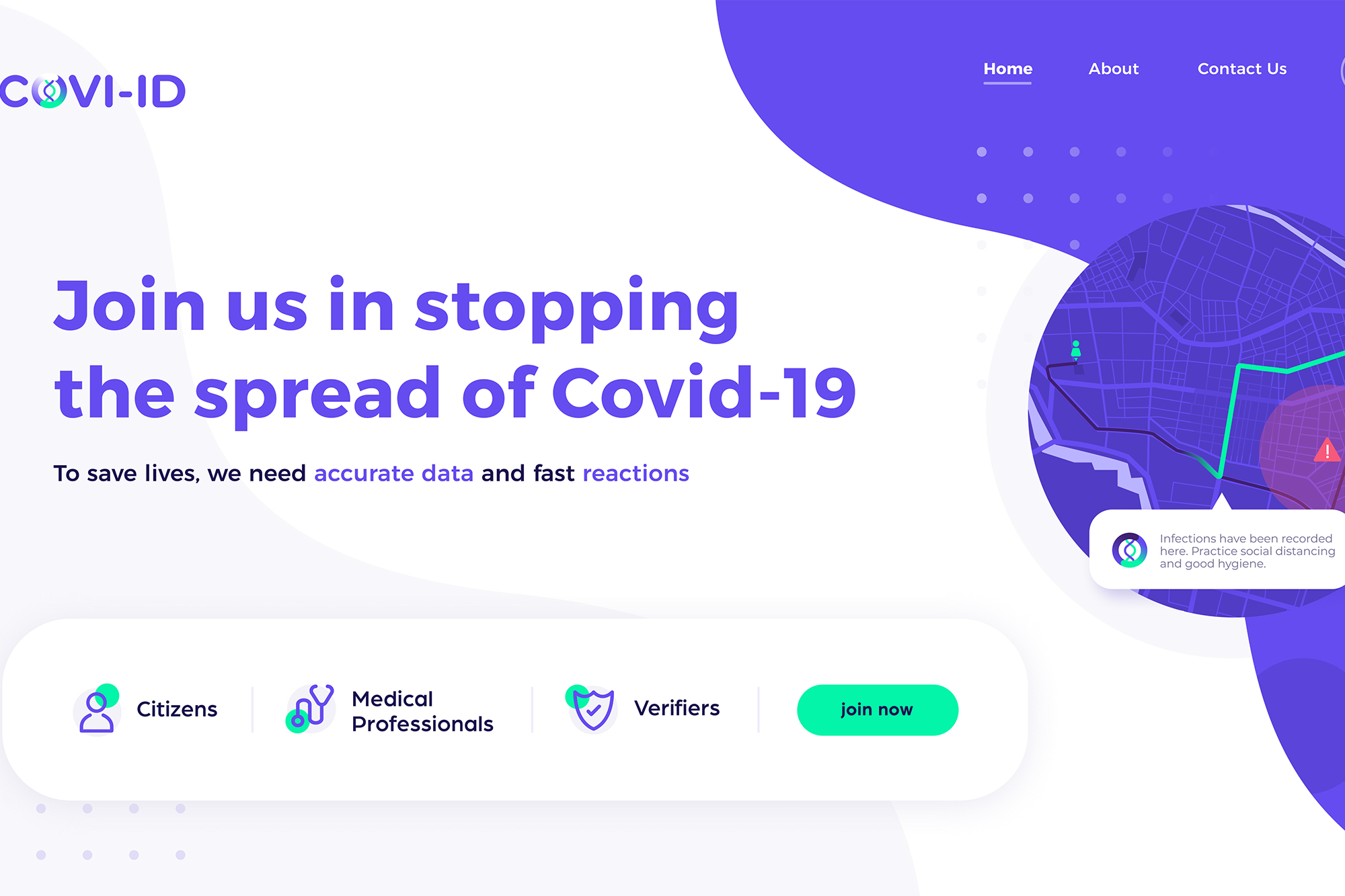
As Georg explains, research shows that COVID-19 is likely to mutate again, which means outbreaks of the virus could become a seasonal occurrence.
This, in turn, means that to act swiftly and avoid total lockdowns – as well as the economic consequences they carry – in years to come, governments must be adequately informed about outbreak statistics in real time.
Using Bluetooth and geolocation, CoviID will be able to track and trace the movements of an individual covering the two weeks prior to their testing positive for the virus.
In terms of being able to prove your status – which will no doubt become necessary for travellers, school children and university students, and for anyone to enter public spaces – the app will enable a verified healthcare professional to attest to your status once you’ve been tested.
“Whenever you want to prove your status, you show a QR code – either saved to your phone or on a piece of paper – and somebody can scan it to receive the information.”
As for incentivisation, Georg says that Discovery Health (a medical insurance provider) with their rewards programme, Vitality, has shown that people respond well to being incentivised for healthy behaviour.
“We can use insights from behavioural economics to nudge citizens to engage not only in good health practices, but also good hygiene practices, including social distancing and self-isolation.”
During an outbreak of the coronavirus, for instance, social distancing and self-isolation could be rewarded. Once the app picks up that you’ve been at home for a few days, for example, you could be eligible to receive discounts from partner companies like grocery stores.
“This will help the government to incentivise people to do the right thing without having to go into full lockdown every time there is an outbreak, which is very costly,” he says.
Privacy is key
Of course, the sensitive nature of this information requires a platform that will allow people to share it in a manner that is safe, secure and prioritises their privacy.
“Designing this kind of app is not rocket science, and we’re not the first or only ones to do it,” says Georg. “The thing that makes us different, however, is the fact that we’ve designed this from a privacy-first perspective.”
The idea of exposing personal information to government agencies through an app would ring alarm bells for most tech-savvy users and adoption would suffer. Some people will go through great lengths to avoid being traced in this manner. Avoidance and consequential lack of adoption leads to faulty or incomplete data, which would ultimately defy the purpose of such an app for public health purposes
However, using blockchain technology, which helps to ensure protection of privacy, Georg and his team have put impressive measures in place to reveal only the most necessary information.
The CoviID app will collect a user’s personal location and infection status, and store it on their phone using a technology called self-sovereign identity – not on a centralised government or private-sector database. This provides the user with full authority and control over who gets access to the data, for what purpose and for how long.
“Privacy is a human right recognised by the United Nations and we cannot sacrifice it in the interest of public health,” says Georg.
Unprecedented collaboration
Since time is of the essence, Georg and his team have had their heads down to release the first version of CoviID within the next three weeks.
“I think we can get through this together and come out stronger on the other side.”
The idea is that eventually the South African Department of Health will be in charge of rolling out the app to users. The researchers are in discussion with various governmental role-players to raise awareness about the project with the goal of first rolling it out in South Africa, but ultimately all over Africa.
The team has also made progress with possible private sector partners and has buy-in from MTN and Standard Bank already.
“Actually, I’ve never experienced such a quick turnaround time on project proposals,” says Georg. “I received email replies from CEOs within a few hours and even on a Sunday morning. Team South Africa is truly coming through this time.”
He says that even though we are entering a time of great challenges and hardship, this spirit of collaboration and cooperation has left him feeling hopeful.
“I think we can get through this together and come out stronger on the other side,” he concludes. “It’s also exciting to think that UCT could make a meaningful contribution during this crisis.”
Visit the CoviID website for more information.
 This work is licensed under a Creative Commons Attribution-NoDerivatives 4.0 International License.
This work is licensed under a Creative Commons Attribution-NoDerivatives 4.0 International License.
Please view the republishing articles page for more information.
Coronavirus Disease 2019 updates
COVID-19 is a global pandemic that caused President Cyril Ramaphosa to declare a national disaster in South Africa on 15 March 2020 and to implement a national lockdown from 26 March.
UCT is taking the threat of infection in our university community extremely seriously, and this page will be updated regularly with the latest COVID-19 information. Please note that the information on this page is subject to change depending on current lockdown regulations.
Frequently asked questions
Daily updates
Campus communications
2020
Resources
Video messages from the Department of Medicine
Getting credible, evidence-based, accessible information and recommendations relating to COVID-19
The Department of Medicine at the University of Cape Town and Groote Schuur Hospital, are producing educational video material for use on digital platforms and in multiple languages. The information contained in these videos is authenticated and endorsed by the team of experts based in the Department of Medicine. Many of the recommendations are based on current best evidence and are aligned to provincial, national and international guidelines. For more information on UCT’s Department of Medicine, please visit the website.
To watch more videos like these, visit the Department of Medicine’s YouTube channel.
Useful information from UCT
External resources
News and opinions
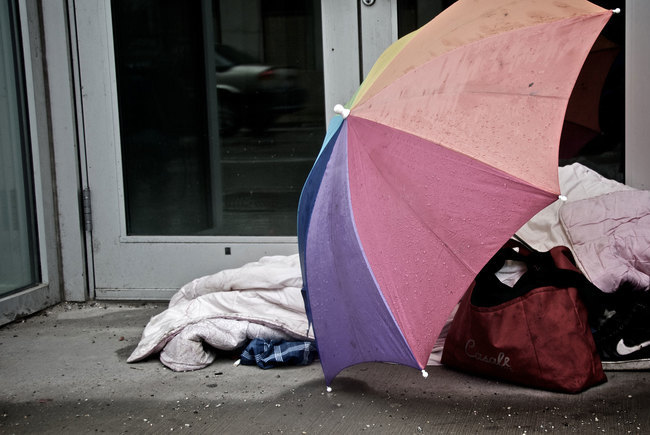
As the COVID-19 crisis drags on and evolves, civil society groups are responding to growing and diversifying needs – just when access to resources is becoming more insecure, writes UCT’s Prof Ralph Hamann.
03 Jul 2020 - 6 min read Republished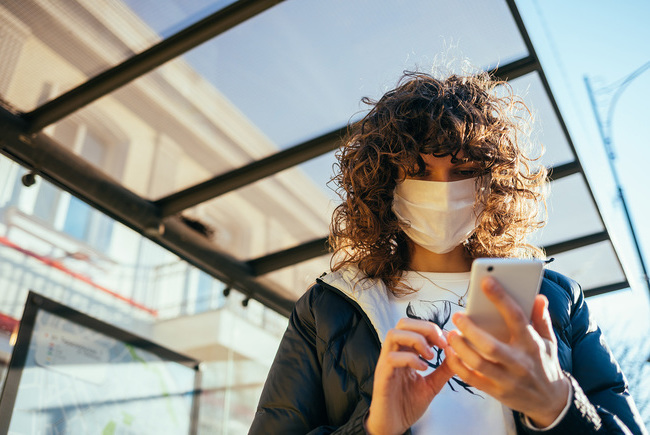
The Covid-19 crisis has reinforced the global consequences of fragmented, inadequate and inequitable healthcare systems and the damage caused by hesitant and poorly communicated responses.
24 Jun 2020 - >10 min read Opinion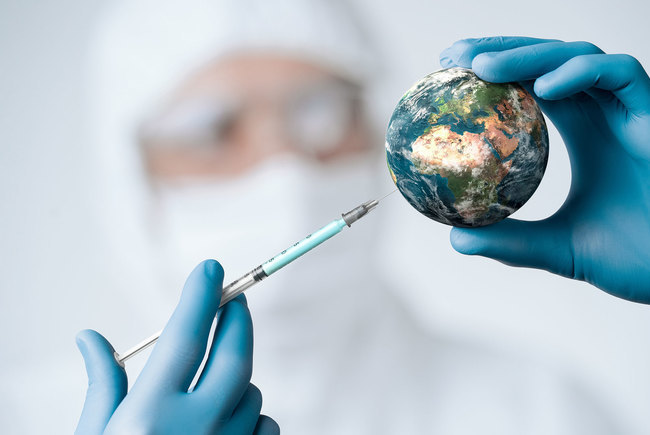
Our scientists must not practise in isolation, but be encouraged to be creative and increase our knowledge of the needs of developing economies, write Professor Mamokgethi Phakeng, vice-chancellor of UCT, and Professor Thokozani Majozi from the University of the Witwatersrand.
09 Jun 2020 - 6 min read Republished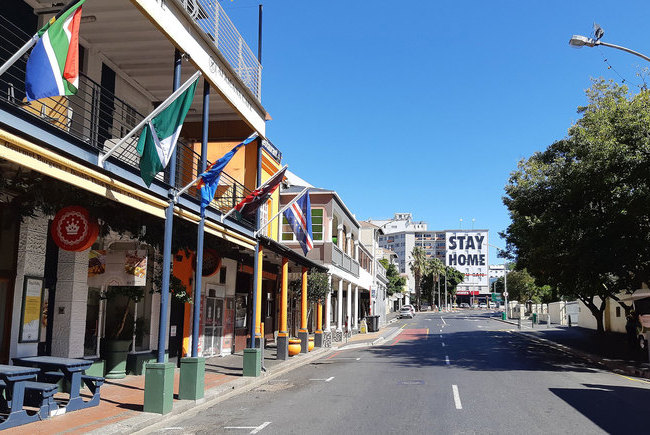
South Africa has been recognised globally for its success in flattening the curve, which came as a result of President Ramaphosa responding quickly to the crisis, writes Prof Alan Hirsch.
28 Apr 2020 - 6 min read RepublishedStatements and media releases
Media releases
Read more
Statements from Government
In an email to the UCT community, Vice-Chancellor Professor Mamokgethi Phakeng said:
“COVID-19, caused by the virus SARS-CoV-2, is a rapidly changing epidemic. [...] Information [...] will be updated as and when new information becomes available.”
We are continuing to monitor the situation and we will be updating the UCT community regularly – as and when there are further updates. If you are concerned or need more information, students can contact the Student Wellness Service on 021 650 5620 or 021 650 1271 (after hours), while staff can contact 021 650 5685.








